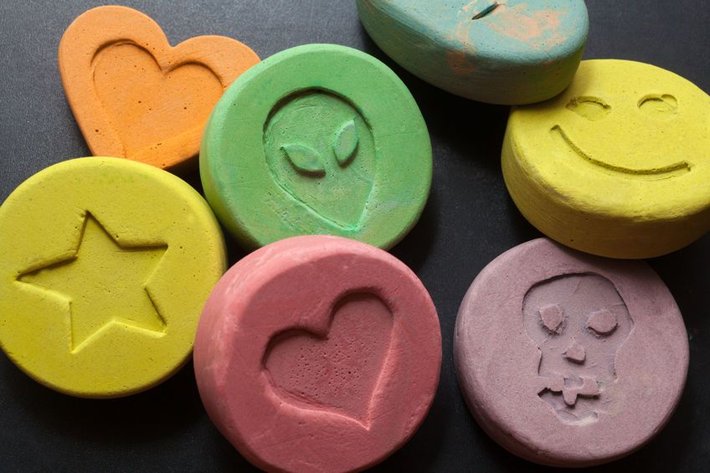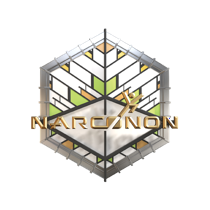Signs of Ecstasy Use

All drug substances produce physiological changes and undesirable side effects in the user, whether small or large. These changes and undesirable side effects may be entirely undetectable by onlookers who aren’t aware of what to look for, and may even be passed off as “stress,” “anxiety” or something else.
When the individual decides that the beneficial effects of the drug outweigh these changes and undesirable side effects, they will normally continue to use the drug indefinitely. Perhaps one of the most troubling aspects of drug use, abuse and addiction is the fact that the individual himself doesn’t usually recognize the extensive and damaging effects that are caused by the drug they are using. However, what remains largely hidden from them is usually painfully obvious to friends and family members, who often watch hopelessly as their loved one’s drug problems spiral slowly out of control. Unfortunately, many family members and friends decide that their loved one will certainly reach out for help when they decide they need it, and then they sit back and wait for this moment to arrive. What they don’t realize is that if they can recognize their loved one’s drug problems earlier in the process and step in to help them as soon as they can, the road to recovery can be made a bit smoother. This is especially true when you are dealing with an incredibly dangerous and potent drug substance, like ecstasy.
What is Ecstasy
Often considered a “club drug,” ecstasy is a synthetic drug substance that is incredibly dangerous—largely because there is no set formula for its manufacture, and therefore its ingredients and potency can vary largely from batch to batch. In some cases, ecstasy pills have contained caffeine, amphetamine or even cocaine, among other things.
An individual who ingests ecstasy experiences altered mood and perceptions, as well as feelings of energy, pleasure, and emotional warmth. This can cause the individual to feel that everyone around them is their friend, and they want to remain active for long periods of time. Needless to say, this can be incredibly dangerous—especially in hot, crowded conditions where they may experience dehydration or other health complications.
Signs of Ecstasy Use
An individual who is abusing or addicted to ecstasy may try to hide the signs of drug use from others. However, there are still some basic things one can watch for, including:
- Dilated pupils
- Unnatural amounts of energy that last for a very long time
- An inability to feel pain
- An unusual desire to touch or be touched
- Changes in basic sleeping patterns
- Remaining awake for unusual periods of time—in some cases many days
- Paranoia
- Anxiety
- Depression
- Confusion
- Muscle tension
- Blurred vision
- Teeth clenching or grinding
- Impaired judgment
- Psychosis
- Memory loss
It is important that an individual who is suffering from ecstasy abuse or addiction receive help immediately, as their continued use of the drug places them at great risk of experiencing life-threatening complications, such as hyperthermia, brain damage, and organ failure.
Getting Help
As is the case with other drug abuse or addiction problems, an individual who is suffering from ecstasy abuse or addiction should receive professional help and treatment in order to fully and safely recover from this drug substance. Not only will the individual need aid in withdrawing from the drug, they will need to address their causes of their initial drug use, take responsibility for the consequences of their drug use, and learn the life skills necessary to move forward into a better, drug-free future. It is important to recognize that while recovery from ecstasy abuse or addiction can be a long, difficult journey, it is nonetheless possible and it can restore the individual to the ability to live a healthy, happy life.


